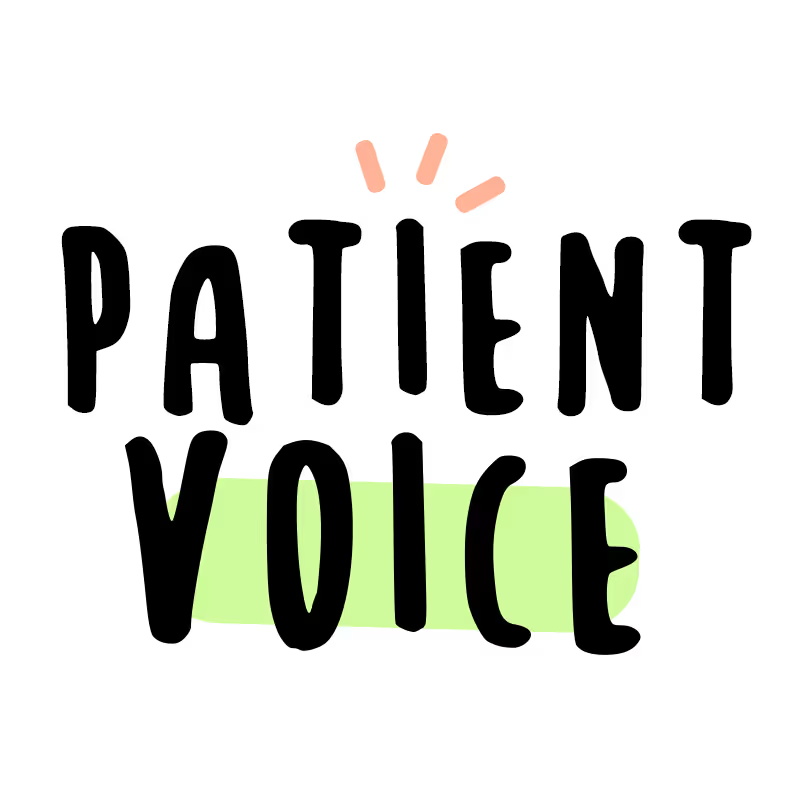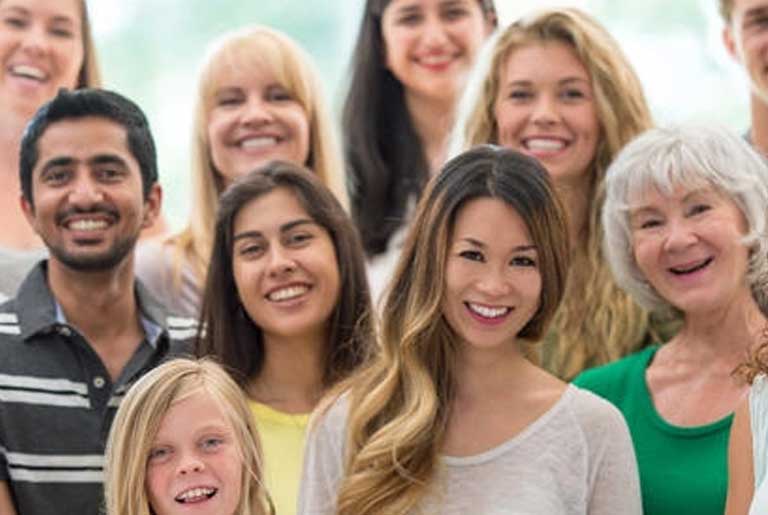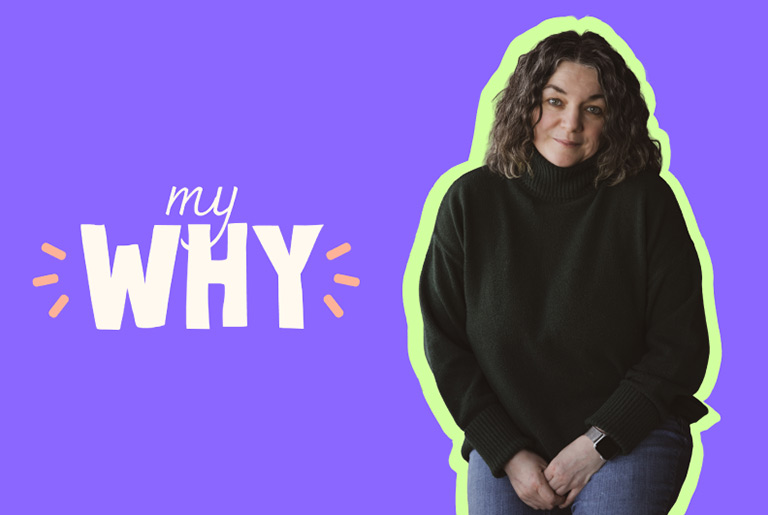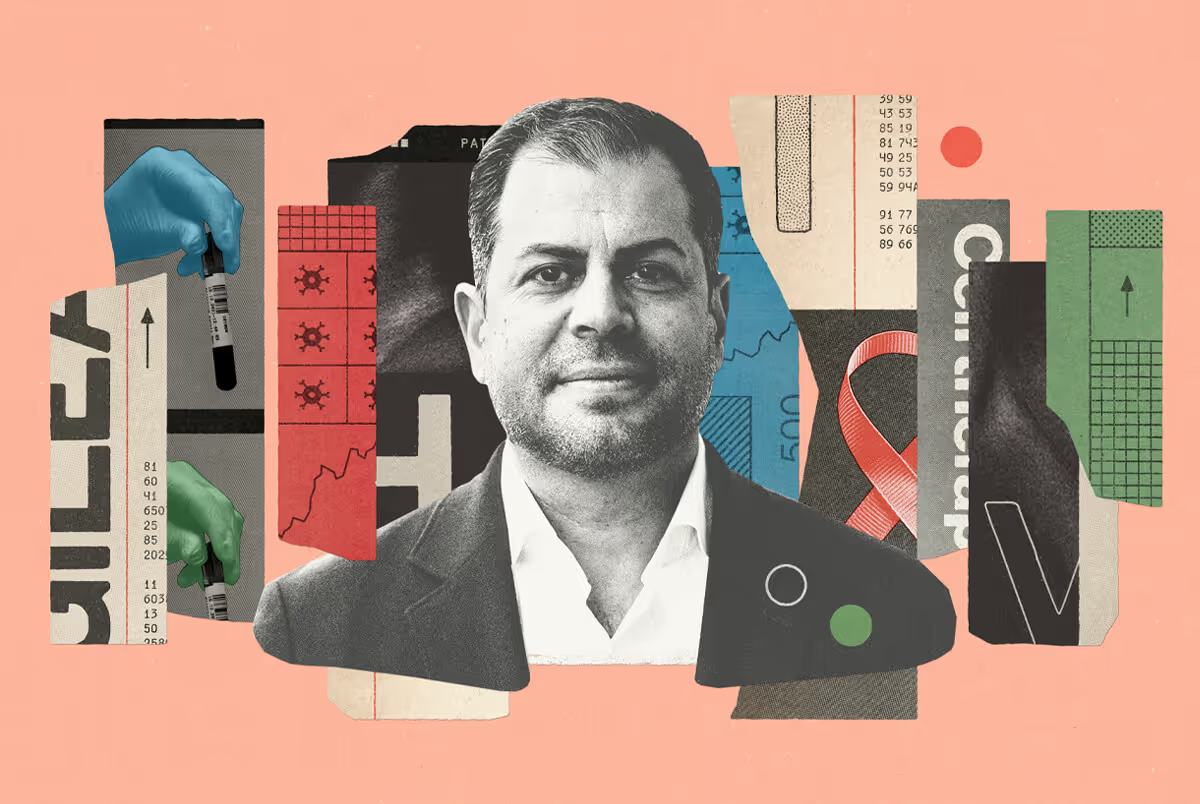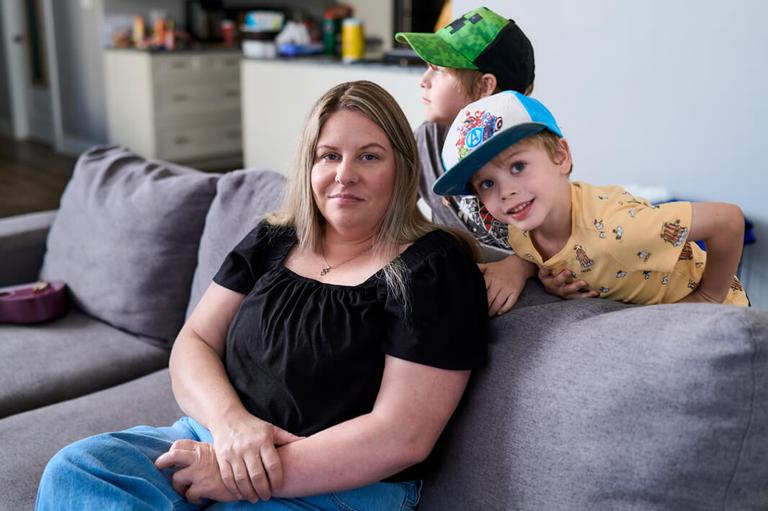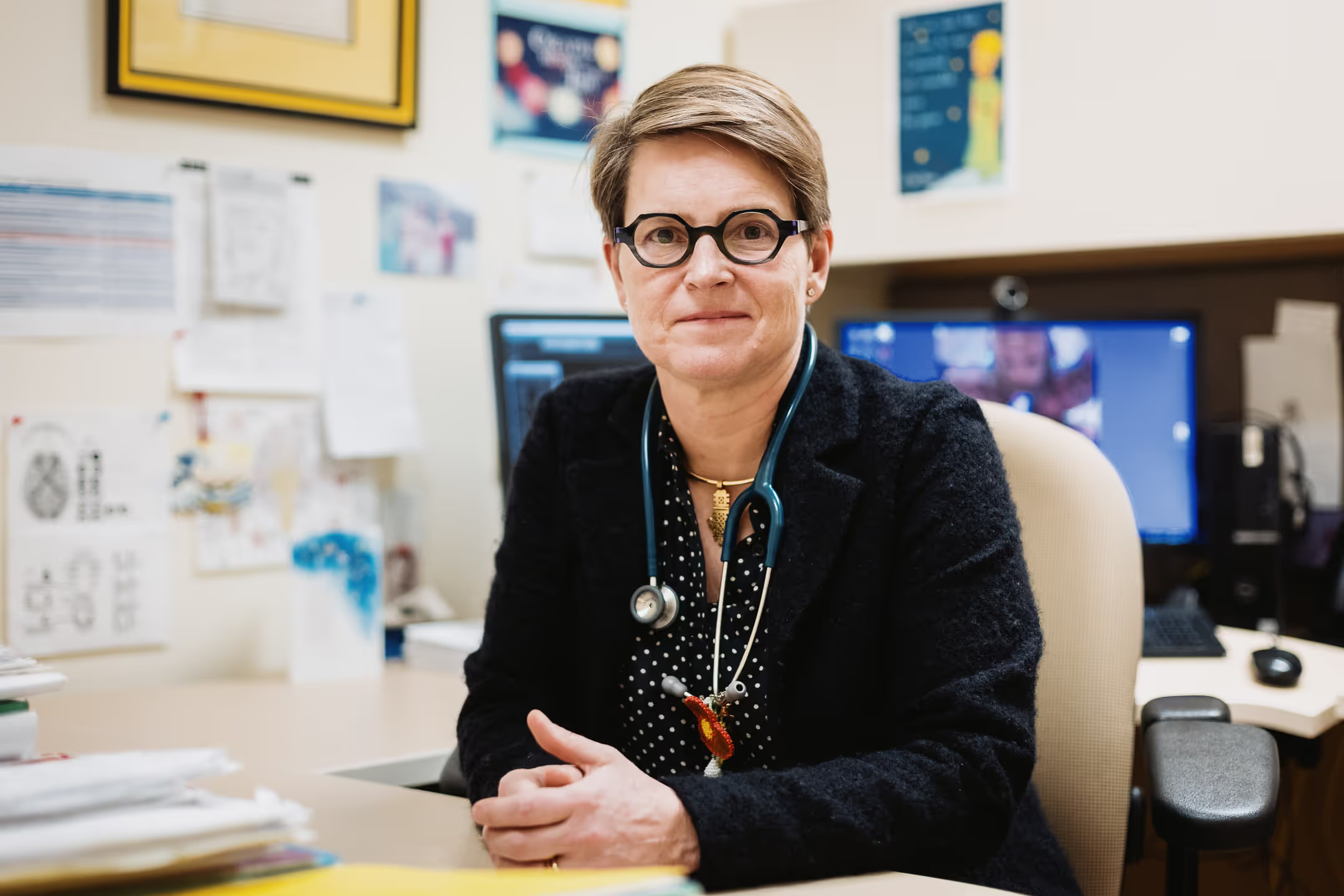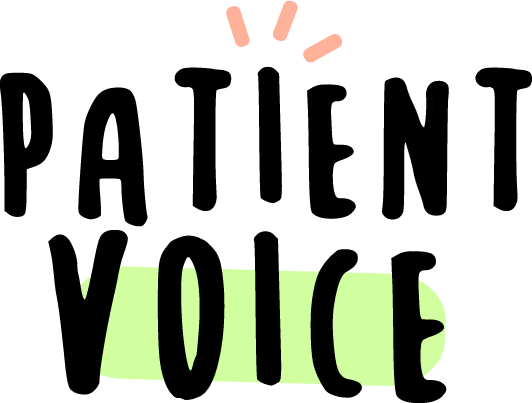Bryce – Spinal Muscular Atrophy (SMA) type 3
“I remember being at the doctor with my mom as a teenager and him asking if I was active in sports. My mom laughed. ‘Is guitar a sport?’
I’d never been able to keep up with my peers in sports or active play. I tired easily, I was clumsy, and I fell a lot. But we always just thought I wasn’t particularly athletic. We had no idea there was a chronic and incurable illness lurking behind it.
When I finally got the diagnosis of type 3 spinal muscular atrophy (SMA), I was in denial for a long time before I really began to grieve. I was still relatively healthy and there was so much hope in the treatment research that was being done. I just carried on with my life, telling myself that there would be an effective treatment available long before the disease became a problem for me.
I’m 29 years old now and the disease has become a very big problem. It’s terrifying, actually. I have so much trouble with stairs. I can only walk on flat surfaces, really, and I don’t know how much longer I’ll be able to do that. It’s only a matter of time before I’m in a wheelchair. I don’t pick up my nieces anymore. There’s so little strength or dexterity left in my arms that I’m afraid I might drop them. And I’m going to be pushed out of my job very soon because I work in health care and, ironically, it’s an extremely unforgiving field when illness and disability put limitations on what you can do.
And what’s so frustrating is that the research I was counting on did pay off. The treatment is here and it has been approved, but it’s not available to me because of my age and my SMA type. I’ve fought so hard for access, but at this point, honestly, I’m not holding out hope anymore. The treatment may become available, but it’ll be too late for me.
All I want is to be independent. To be able to work and contribute to society. To be a father some day and be able to hold my kids. To have my future wife be my partner rather than my caregiver. But I’ve accepted that those things are too much to ask.”
To learn more about Cure SMA Canada, click here.
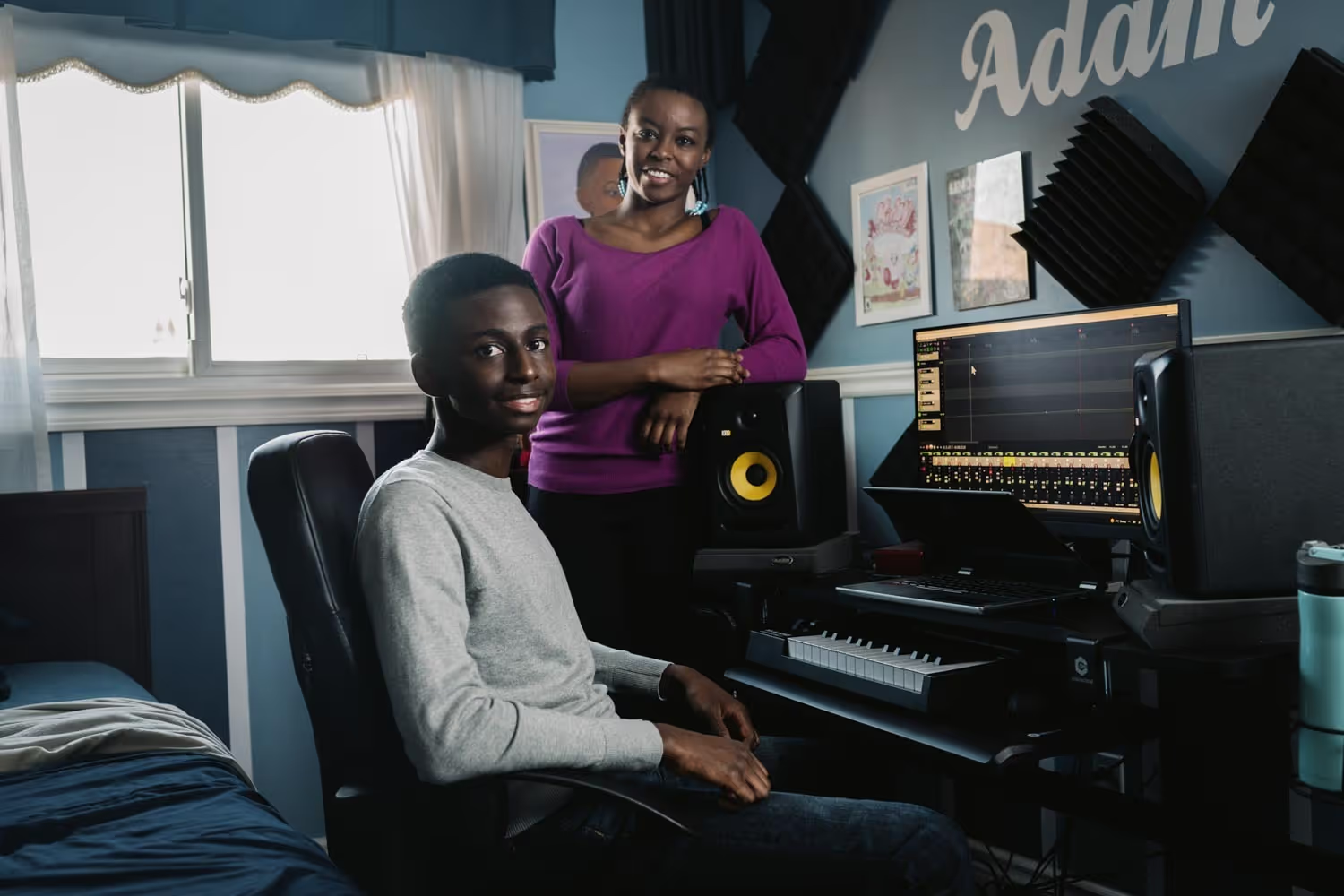
Adam & Jenna – Retinitis pigmentosa (RP)
“Jenna and I have both had retinitis pigmentosa (RP) since birth, so we’ve never really thought of it as a hindrance. We can’t see as well as other people, but we can still do pretty much everything. We’ve never had the experience of full sight, so this is just normal to us.
Though we sometimes need extra time or support, I’ve never felt that different from my fully-sighted friends. When I do feel different, it’s as often as not a positive experience. If I have my cane out in a store and I’m looking for something, for example, it’s more likely that someone will ask me if I need help. I really do appreciate that.”
JENNA: “Sometimes I think about how it affects my prospects and choices. Like, for any job that I get, I know that having the right accommodations will be a big thing for allowing me to do the job effectively. Or, if I start dating again, I think it would be optimal to date a sighted person. I’ve only ever dated other visually-impaired people and it would be really nice to be with someone who can drive.
Adam and I have both been involved in the vision community throughout our lives, which has been positive. But, at the same time, having low vision isn’t who we are, and I think it’s important that we put ourselves out there as whole people. Adam’s really successful on TikTok, and he’s gotten a lot of views with his videos about RP, but that’s not all he does. It’s the same with my own YouTube channel. The message is really: ’Hey, I’m a person who can do all these regular things and who has all these regular interests, I just happen to be visually-impaired.’”
ADAM: “I was working with Fighting Blindness Canada to improve access to a surgical intervention to restore and preserve vision in people with RP, and I decided to make a video about it. I’d never shared anything about my visual impairment on TikTok before, and I didn’t expect it to get as big as it did. The video is sitting at 1.1 million views now, and I’m really glad because it’s something that I’m passionate about. Raising awareness through advocacy is the way we get our message heard and bring about real change.”
To learn more about Fighting Blindness Canada, click here.
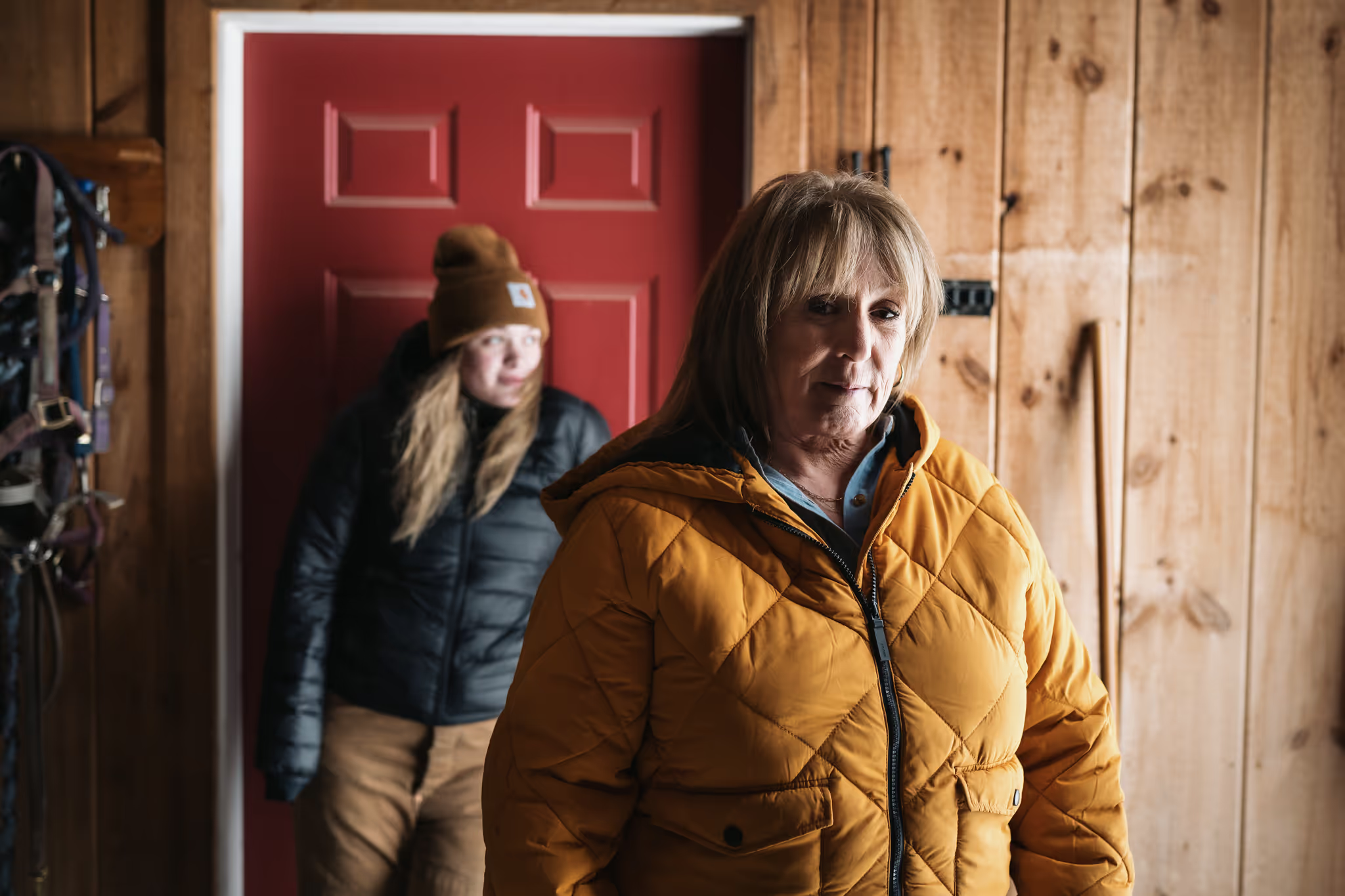
Beth & Madi – Cystic fibrosis (CF)
“When my daughter Madi was eight months old, she had a cough. For some reason, the first thing I thought was, ‘Oh my God, I hope it’s not cystic fibrosis (CF).’ I have no idea why my mind went there, I knew so little about CF, but that was my fear. And then the diagnosis confirmed it.
All of a sudden we were dealing with daily therapy and medication, so many clinic appointments, and regular hospitalizations. I tried going back to work after my year of mat leave was up, but I only lasted two months. It was impossible to focus on work with a sick baby at home who needed me. I’m so grateful that we were in a financial situation where I could make that decision. So many families aren’t.
It wasn’t just caring for Madi’s health or being with her in the hospital, either. Advocating for her rights as a patient was a full-time job. We got her on a drug trial and it was miraculous, but then we realized the drug was still in negotiations and that we’d need to find a way to pay for it after the trial ended. How can any family come up with $350,000 a year, every year?
We had to advocate to the insurance company to cover part of it. And to the manufacturer to cover another part. We had to go to Queen’s Park and make noise. And we had to fundraise to cover the rest. And, though our community was so giving, there comes a point where that level of fundraising is unsustainable. It took close to two years, but we finally got coverage for this treatment negotiated for 118 people across Canada. We had a huge celebration, but we knew the next fight was just around the corner.
Madi is 20 now, and she’s doing so well. She’s got a successful photography business. She’s going to school. She’s fostering animals all the time. We’ve had a lot of wins, but at this point we know that each victory is temporary. Until the system changes, there will always be another fight. In between our own battles, we’re now fighting for other people with CF and other rare diseases.
This summer we’re looking forward to dropping our shoulders a bit and spending more time trail riding together. We’re excited for a sense of normalcy. Honestly, that’s all we’ve ever wanted.”
To learn more about CF Get Loud, click here.
{{CTA}}
